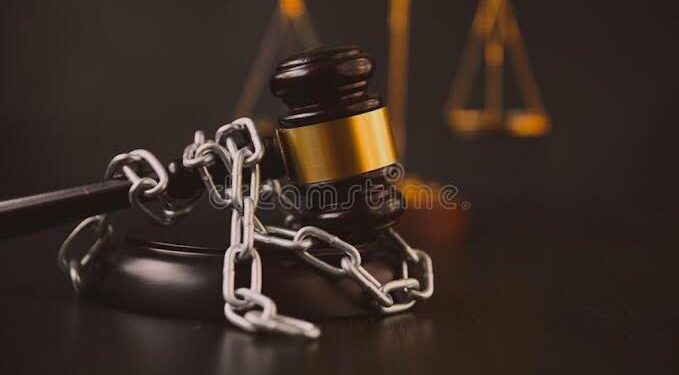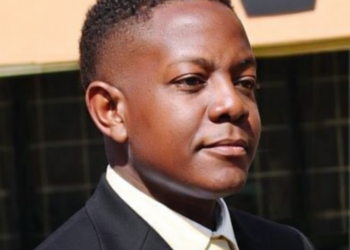The Chief Justice of Nigeria, Kudirat Kekere-Ekun, has called for an overhaul of the public’s negative perception of the judiciary. At the 2024 Court of Appeal Justices Annual Conference in Abuja, she urged stakeholders to tackle the root causes of the disdain, particularly addressing frivolous complaints against judges. While emphasizing the National Judicial Council’s willingness to investigate valid concerns, Kekere-Ekun warned that baseless allegations would face consequences. Yet, isn’t it ironic that the system responsible for upholding justice struggles with its own reputation? of course we all know how the Nigerian Judiciary is.
Conflicting court orders have also become a thorn in the judiciary’s side. Kekere-Ekun blamed the inconsistency on the lack of proper conferencing among appellate panels. According to her, robust discussions among judges are essential to harmonize judgments and prevent contradictory decisions. She insisted on examining trial court rulings thoroughly before they reach the appellate level, a call for accountability, why is such a basic standard not already in place?
Attorney General Lateef Fagbemi chimed in, extolling the virtues of judicial independence as the cornerstone of democracy. He criticized political interference and social media trials as threats to the rule of law. Meanwhile, Adegboyega Awomolo, chairman of the Body of Benchers, dismissed corruption allegations against the judiciary as unfounded.

He labeled the National Bureau of Statistics’ report on judicial corruption as unworthy of attention. His staunch defense of judges and justices, claiming they are the “finest legal brains,” seems out of touch with the reality that the judiciary’s image is far from pure. If there’s nothing to hide, why not confront these allegations with transparency?
Justice Monica Dongban-Mensem, President of the Court of Appeal, highlighted the transformative power of technology in the judiciary. She warned against the misuse of Artificial Intelligence, advocating its use as an adjudicatory tool rather than a replacement for judges. While her caution is valid, the irony is that the judiciary struggles to manage its human flaws, can it really handle AI responsibly? I doubt.
Former Attorney General Kanu Agabi delivered a scathing keynote, accusing judges of letting others write their stories, often to their detriment. He urged the judiciary to defend itself rather than rely on critics to narrate its failures. Agabi painted a bad picture of a divided nation where corruption and falsehood dominate.
The conference ended with calls for courage and a recommitment to judicial values. Judges were urged to ensure justice is blind to influence and power, protecting the freedoms and rights of all citizens.
This introspection is long overdue. But for a judiciary plagued by allegations of corruption, conflicting decisions, and a tarnished image, words are not enough. Until tangible reforms take place, these declarations will remain empty words from a system struggling to uphold the very justice it preaches.

















